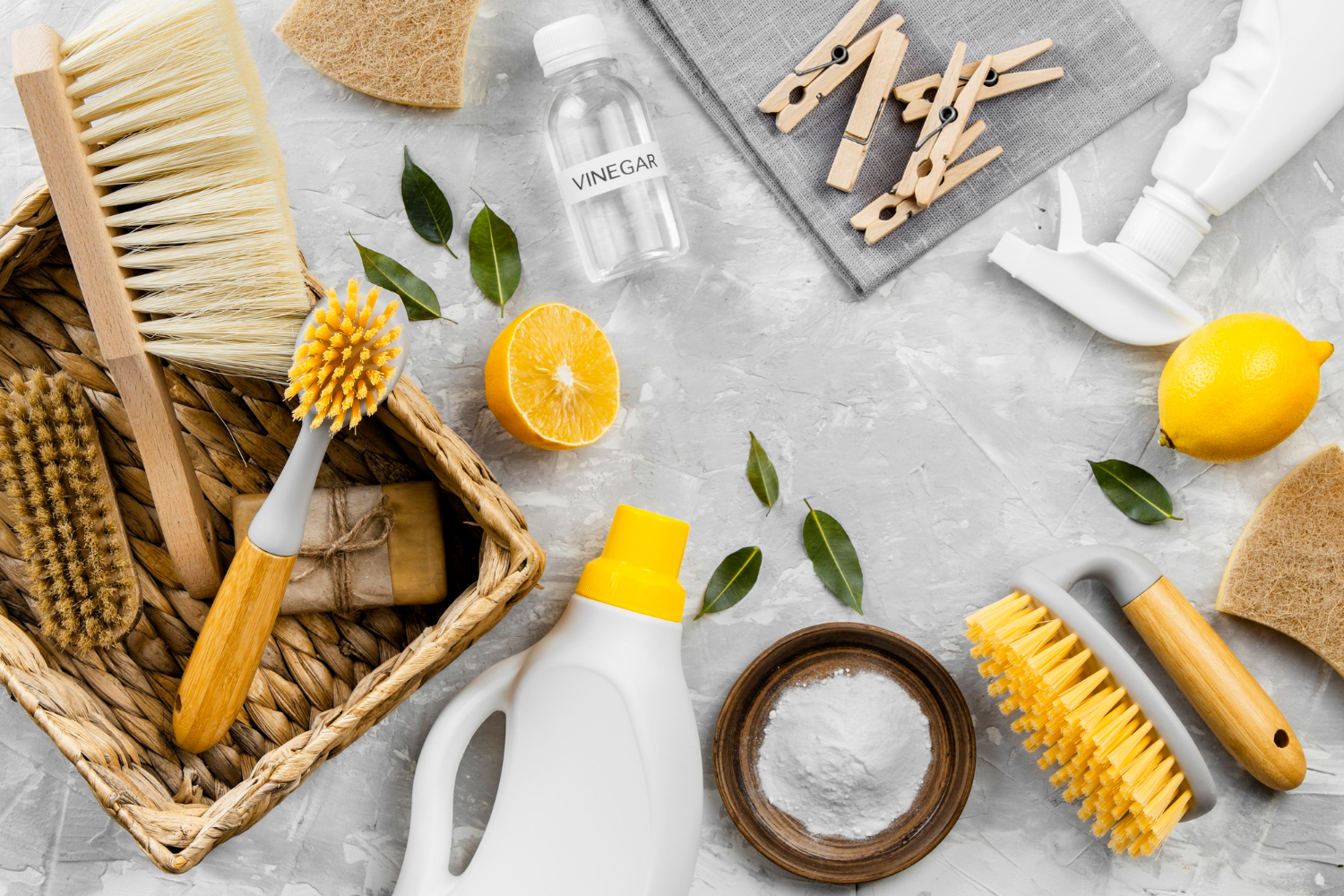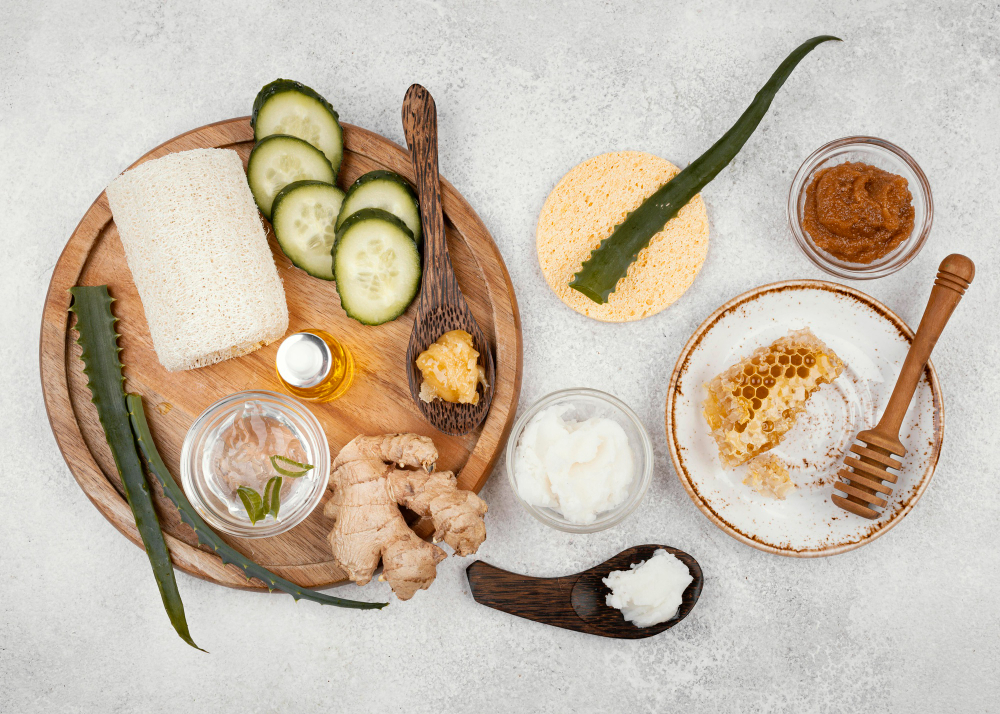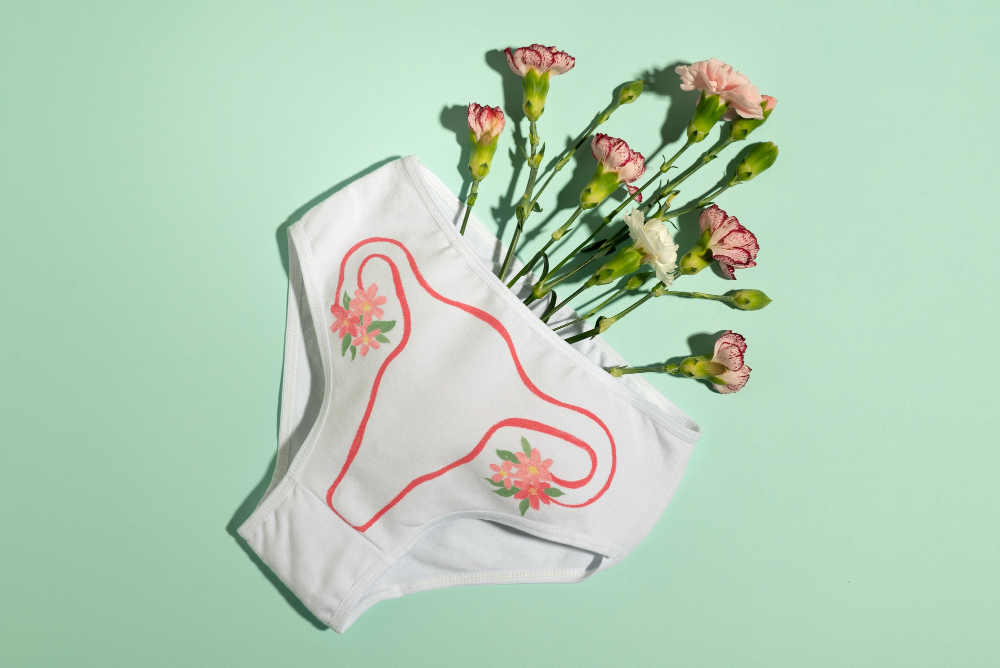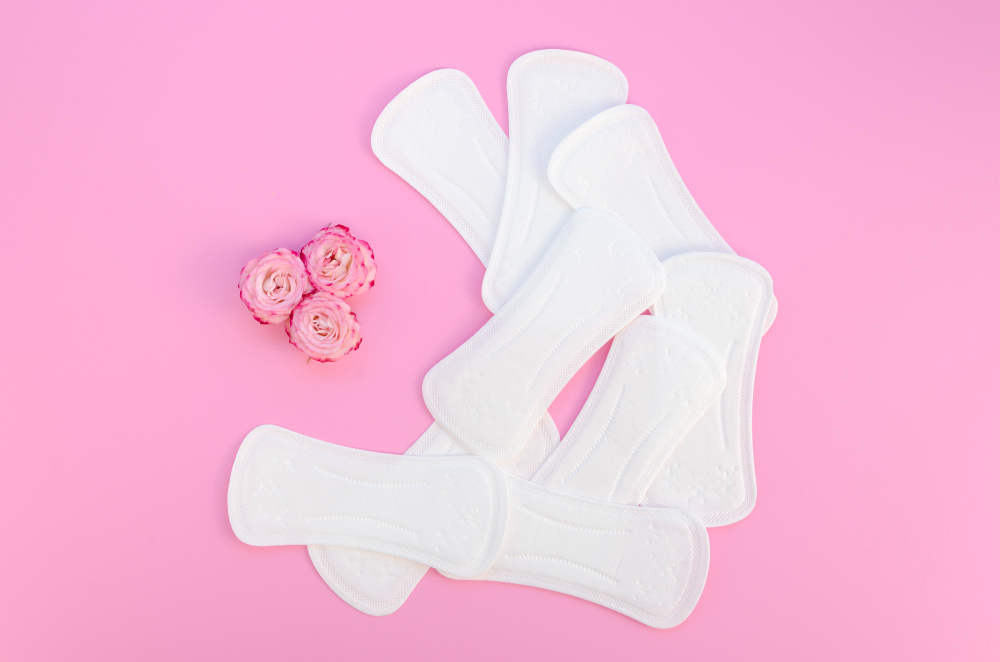Introduction to Eco-Friendly Hygiene
Why Eco-Friendly Hygiene Matters
Eco-friendly hygiene practices are essential for reducing our environmental impact and promoting sustainable living. By adopting these practices, we can minimize waste, conserve resources, and protect our planet.
Benefits of Eco-Friendly Hygiene
Eco-friendly hygiene offers numerous benefits, including reduced chemical exposure, less waste production, and support for sustainable businesses. It also promotes healthier lifestyles and a cleaner environment.
Understanding Traditional Hygiene Practices
Environmental Impact of Conventional Products
Traditional hygiene products often contain harmful chemicals and come in single-use plastic packaging. These products contribute to pollution and waste, harming ecosystems and wildlife.
Chemical Pollution
Many conventional hygiene products contain chemicals that can contaminate water sources and soil, posing risks to both human health and the environment.
Plastic Waste
Single-use plastics from hygiene products, such as shampoo bottles and disposable razors, contribute to the growing problem of plastic pollution.
Health Concerns
The chemicals used in traditional hygiene products can have adverse effects on health, causing skin irritation, allergies, and long-term health issues.
Skin Irritation
Ingredients like sulfates and parabens can irritate the skin, leading to conditions like eczema and dermatitis.
Long-Term Health Risks
Prolonged exposure to certain chemicals in hygiene products can disrupt endocrine function and increase the risk of serious health conditions.
Sustainable Alternatives to Traditional Hygiene Products
Natural Ingredients
Natural ingredients in hygiene products offer a safer and more sustainable alternative to synthetic chemicals.
Benefits of Natural Ingredients
Natural ingredients, such as essential oils and plant extracts, are less likely to cause skin irritation and are biodegradable, reducing environmental impact.
Popular Natural Ingredients
Common natural ingredients in eco-friendly hygiene products include tea tree oil, aloe vera, coconut oil, and shea butter.
Zero-Waste Packaging
Zero-waste packaging aims to eliminate or minimize waste by using reusable, recyclable, or compostable materials.
Types of Zero-Waste Packaging
Options include glass jars, metal tins, and biodegradable materials like bamboo and paper. These materials can be reused or composted, reducing landfill waste.
Brands with Zero-Waste Packaging
Brands like Lush and Ethique offer a range of hygiene products with zero-waste packaging, from solid shampoos to deodorant bars.
Eco-Friendly Personal Care Products
Shampoo and Conditioner Bars
Shampoo and conditioner bars are a popular eco-friendly alternative to traditional liquid products.
Benefits of Bars
These bars last longer than liquid products, are free from plastic packaging, and often contain natural ingredients that are gentle on the scalp and hair.
How to Use Shampoo and Conditioner Bars
To use, simply wet the bar and rub it between your hands or directly on your hair to create a lather. Rinse thoroughly and follow with a conditioner bar if needed.
Natural Deodorants
Natural deodorants are made with ingredients like baking soda, coconut oil, and essential oils, providing an effective and eco-friendly alternative to conventional deodorants.
Benefits of Natural Deodorants
They are free from aluminum and synthetic fragrances, reducing the risk of skin irritation and other health concerns.
Choosing the Right Natural Deodorant
Look for products that match your skin type and personal preferences, such as scent and texture. Brands like Native and Schmidt’s offer a variety of options.
Sustainable Oral Hygiene
Bamboo Toothbrushes
Bamboo toothbrushes are a sustainable alternative to plastic toothbrushes. They are biodegradable and can be composted after use.
Benefits of Bamboo Toothbrushes
Bamboo is a renewable resource that grows quickly without the need for pesticides or fertilizers, making it an environmentally friendly choice.
Proper Disposal of Bamboo Toothbrushes
Remove the bristles and compost the handle. The bristles can be recycled where facilities exist.
Natural Toothpaste
Natural toothpaste contains ingredients like baking soda, coconut oil, and essential oils, offering a safe and effective alternative to conventional toothpaste.
Benefits of Natural Toothpaste
Natural toothpaste is free from harmful chemicals like fluoride and SLS, reducing the risk of health issues and environmental contamination.
Popular Brands of Natural Toothpaste
Brands like Tom’s of Maine and Hello offer a range of natural toothpaste options, including fluoride-free and vegan formulations.
Eco-Friendly Menstrual Products
Menstrual Cups
Menstrual cups are a reusable alternative to disposable tampons and pads. Made from medical-grade silicone, they can last for years with proper care.
Benefits of Menstrual Cups
Menstrual cups are cost-effective, reduce waste, and can be worn for up to 12 hours, providing convenience and comfort.
How to Use a Menstrual Cup
Fold the cup and insert it into the vagina. It will open and form a seal, collecting menstrual fluid. Remove, empty, and rinse the cup as needed.
Reusable Pads and Pantyliners
Reusable pads and pantyliners are made from washable fabrics, providing a sustainable alternative to disposable products.
Benefits of Reusable Pads
They are comfortable, cost-effective, and reduce waste. Many brands offer different sizes and absorbency levels to meet various needs.
Caring for Reusable Pads
Rinse after use and wash with regular laundry. Avoid using fabric softeners, as they can reduce absorbency.
Sustainable Skincare
Natural Cleansers
Natural cleansers use ingredients like honey, oats, and essential oils to cleanse the skin without harsh chemicals.
Benefits of Natural Cleansers
They are gentle on the skin, biodegradable, and often come in recyclable or compostable packaging.
Popular Natural Cleansers
Brands like Burt’s Bees and Dr. Bronner’s offer natural cleansers that cater to different skin types and concerns.
Eco-Friendly Moisturizers
Eco-friendly moisturizers are made with natural and organic ingredients, providing hydration without harmful chemicals.
Benefits of Eco-Friendly Moisturizers
They are better for your skin and the environment, reducing chemical exposure and waste.
Choosing the Right Moisturizer
Select products that match your skin type and concerns, such as dryness or sensitivity. Look for certifications like USDA Organic or Ecocert.
Sustainable Hair Care
Natural Shampoos and Conditioners
Natural shampoos and conditioners are free from sulfates, parabens, and synthetic fragrances, offering a healthier alternative for hair care.
Benefits of Natural Hair Care Products
They are gentle on the scalp and hair, reduce chemical exposure, and are often packaged in eco-friendly materials.
Popular Natural Hair Care Brands
Brands like Acure and SheaMoisture offer a variety of natural shampoos and conditioners for different hair types and needs.
DIY Hair Treatments
DIY hair treatments using ingredients like coconut oil, avocado, and aloe vera can provide nourishment and repair without harmful chemicals.
Benefits of DIY Hair Treatments
They are cost-effective, customizable, and reduce packaging waste.
Popular DIY Recipes
Common recipes include coconut oil masks for hydration, avocado treatments for repair, and aloe vera gels for soothing the scalp.
Sustainable Shaving and Hair Removal
Safety Razors
Safety razors are a reusable alternative to disposable razors, offering a closer shave and reducing plastic waste.
Benefits of Safety Razors
They are durable, cost-effective, and produce less waste. The metal blades can be recycled.
How to Use a Safety Razor
Use a gentle touch and let the weight of the razor do the work. Replace the blade as needed for a smooth shave.
Natural Shaving Creams
Natural shaving creams are made with ingredients like shea butter and aloe vera, providing a smooth shave without synthetic chemicals.
Benefits of Natural Shaving Creams
They are better for the skin and the environment, reducing chemical exposure and packaging waste.
Popular Natural Shaving Creams
Brands like Pacific Shaving Company and Ursa Major offer natural shaving creams with moisturizing and soothing properties.
Eco-Friendly Bath and Body Products
Soap Bars
Soap bars are a zero-waste alternative to liquid body wash, often made with natural ingredients and minimal packaging.
Benefits of Soap Bars
They last longer, are free from plastic packaging, and can be made with nourishing ingredients like olive oil and shea butter.
Popular Soap Bar Brands
Brands like Dr. Bronner’s and A Wild Soap Bar offer a variety of natural soap bars for different skin types and preferences.
Bath Bombs and Salts
Natural bath bombs and salts are made with ingredients like Epsom salts, essential oils, and natural colorants, providing a relaxing and eco-friendly bathing experience.
Benefits of Natural Bath Products
They are free from synthetic fragrances and dyes, reducing the risk of skin irritation and environmental harm.
DIY Bath Bomb Recipes
Make your own bath bombs using ingredients like baking soda, citric acid, and essential oils. Customize with natural colorants and dried flowers.
Sustainable Hand and Nail Care
Natural Hand Soaps
Natural hand soaps are made with gentle ingredients that cleanse without stripping the skin of its natural oils.
Benefits of Natural Hand Soaps
They are biodegradable, often packaged in recyclable materials, and reduce chemical exposure.
Popular Natural Hand Soap Brands
Brands like Mrs. Meyer’s and Seventh Generation offer natural hand soaps in a variety of scents and formulations.
Eco-Friendly Nail Care
Eco-friendly nail care involves using non-toxic nail polish, natural removers, and sustainable tools.
Benefits of Eco-Friendly Nail Care
These products are better for your health and the environment, reducing chemical exposure and waste.
Popular Eco-Friendly Nail Polish Brands
Brands like Zoya and Ella + Mila offer non-toxic nail polish in a wide range of colors and finishes.
Sustainable Baby and Child Hygiene
Natural Baby Products
Natural baby products are made with gentle ingredients that are safe for delicate skin, providing a sustainable alternative to conventional products.
Benefits of Natural Baby Products
They reduce the risk of skin irritation and allergies, and are often biodegradable and packaged in eco-friendly materials.
Popular Natural Baby Product Brands
Brands like Earth Mama and Honest Company offer a variety of natural baby products, including lotions, shampoos, and diaper creams.
Cloth Diapers
Cloth diapers are a reusable alternative to disposable diapers, reducing waste and environmental impact.
Benefits of Cloth Diapers
They are cost-effective, reduce landfill waste, and are free from harmful chemicals found in some disposable diapers.
How to Use Cloth Diapers
Choose from a variety of styles, including prefolds, fitteds, and all-in-ones. Wash and reuse as needed.
Sustainable Feminine Hygiene
Organic Cotton Tampons and Pads
Organic cotton tampons and pads are made without pesticides or synthetic chemicals, offering a safer and more sustainable option.
Benefits of Organic Cotton Products
They are biodegradable, reduce chemical exposure, and are often packaged in eco-friendly materials.
Popular Organic Cotton Brands
Brands like Rael and Cora offer a range of organic cotton feminine hygiene products.
Menstrual Discs
Menstrual discs are a reusable alternative to tampons and pads, providing long-lasting protection and reducing waste.
Benefits of Menstrual Discs
They can be worn for up to 12 hours, are comfortable, and reduce waste.
How to Use Menstrual Discs
Insert the disc at the base of the cervix, where it will collect menstrual fluid. Remove, empty, and rinse as needed.
Sustainable Cleaning Products
Natural Cleaning Solutions
Natural cleaning solutions use ingredients like vinegar, baking soda, and essential oils to clean effectively without harmful chemicals.
Benefits of Natural Cleaning Solutions
They are safer for your health, biodegradable, and often cost-effective.
DIY Cleaning Solution Recipes
Make your own cleaning solutions using simple ingredients. For example, mix vinegar and water for an all-purpose cleaner, or use baking soda and lemon for scrubbing.
Eco-Friendly Cleaning Tools
Eco-friendly cleaning tools, such as reusable cloths and biodegradable sponges, reduce waste and are made from sustainable materials.
Benefits of Eco-Friendly Cleaning Tools
They are durable, reduce waste, and are often made from renewable resources.
Popular Eco-Friendly Cleaning Tool Brands
Brands like Full Circle and E-Cloth offer a range of sustainable cleaning tools.
Sustainable Laundry Practices
Natural Laundry Detergents
Natural laundry detergents are made with biodegradable ingredients that are gentle on fabrics and the environment.
Benefits of Natural Laundry Detergents
They reduce chemical exposure, are often packaged in eco-friendly materials, and are better for sensitive skin.
Popular Natural Laundry Detergent Brands
Brands like Seventh Generation and Molly’s Suds offer natural laundry detergents in various formulations.
Wool Dryer Balls
Wool dryer balls are a reusable alternative to dryer sheets, reducing static and drying time.
Benefits of Wool Dryer Balls
They are cost-effective, reduce waste, and can be used for hundreds of loads.
How to Use Wool Dryer Balls
Simply add the dryer balls to your dryer with wet laundry. You can add a few drops of essential oil for a natural fragrance.
Sustainable Household Hygiene
Natural Air Fresheners
Natural air fresheners use ingredients like essential oils and baking soda to freshen the air without harmful chemicals.
Benefits of Natural Air Fresheners
They are safer for your health, reduce chemical exposure, and often come in eco-friendly packaging.
DIY Air Freshener Recipes
Make your own air fresheners using ingredients like vinegar, essential oils, and baking soda. For example, mix water and essential oils in a spray bottle for a natural room spray.
Reusable Cleaning Cloths
Reusable cleaning cloths, such as microfiber and bamboo cloths, are a sustainable alternative to disposable wipes and paper towels.
Benefits of Reusable Cleaning Cloths
They reduce waste, are cost-effective, and can be washed and reused multiple times.
Caring for Reusable Cleaning Cloths
Wash cloths regularly to maintain their effectiveness. Avoid using fabric softeners, as they can reduce absorbency.
Key Points Recap
Key Point 1: The Environmental Impact of Traditional Hygiene Products
Traditional hygiene products often contain harmful chemicals and come in single-use plastic packaging, contributing to pollution and waste.
Key Point 2: Benefits of Natural and Zero-Waste Alternatives
Natural ingredients and zero-waste packaging offer a safer and more sustainable alternative, reducing environmental impact and chemical exposure.
Key Point 3: Sustainable Personal Care and Hygiene Practices
Adopting sustainable personal care practices, such as using bamboo toothbrushes and natural deodorants, can significantly reduce your environmental footprint.
Key Point 4: Eco-Friendly Household Hygiene
Natural cleaning solutions and reusable cleaning tools provide effective and sustainable options for maintaining household hygiene.
Key Point 5: Benefits of Sustainable Feminine Hygiene Products
Menstrual cups, reusable pads, and organic cotton products offer a cost-effective and eco-friendly alternative to conventional feminine hygiene products.
FAQs on Eco-Friendly Hygiene
1. What is eco-friendly hygiene?
Eco-friendly hygiene involves using products and practices that minimize environmental impact, reduce waste, and avoid harmful chemicals.
2. Why should I switch to eco-friendly hygiene products?
Switching to eco-friendly hygiene products helps reduce pollution, conserve resources, and protect your health from harmful chemicals.
3. What are some common eco-friendly hygiene products?
Common eco-friendly hygiene products include bamboo toothbrushes, natural deodorants, shampoo bars, and reusable menstrual products.
4. Are natural hygiene products effective?
Yes, natural hygiene products are effective and often provide additional benefits, such as being gentler on the skin and reducing chemical exposure.
5. How can I reduce waste in my hygiene routine?
You can reduce waste by choosing products with zero-waste packaging, using reusable items, and making your own natural hygiene products.
6. Are eco-friendly hygiene products more expensive?
Eco-friendly hygiene products can be more expensive upfront, but they often last longer and provide better value in terms of sustainability and health benefits.
7. What is the impact of traditional hygiene products on the environment?
Traditional hygiene products contribute to pollution, waste, and chemical contamination, harming ecosystems and wildlife.
8. How can I identify eco-friendly hygiene products?
Look for certifications like USDA Organic, Fair Trade, and Ecocert, and choose products with natural ingredients and sustainable packaging.
9. Can I make my own eco-friendly hygiene products?
Yes, making your own hygiene products using natural ingredients like baking soda, coconut oil, and essential oils is a cost-effective and sustainable option.
10. What are some tips for maintaining eco-friendly hygiene?
Choose natural and zero-waste products, make your own hygiene solutions, and support brands that prioritize sustainability and ethical practices.




